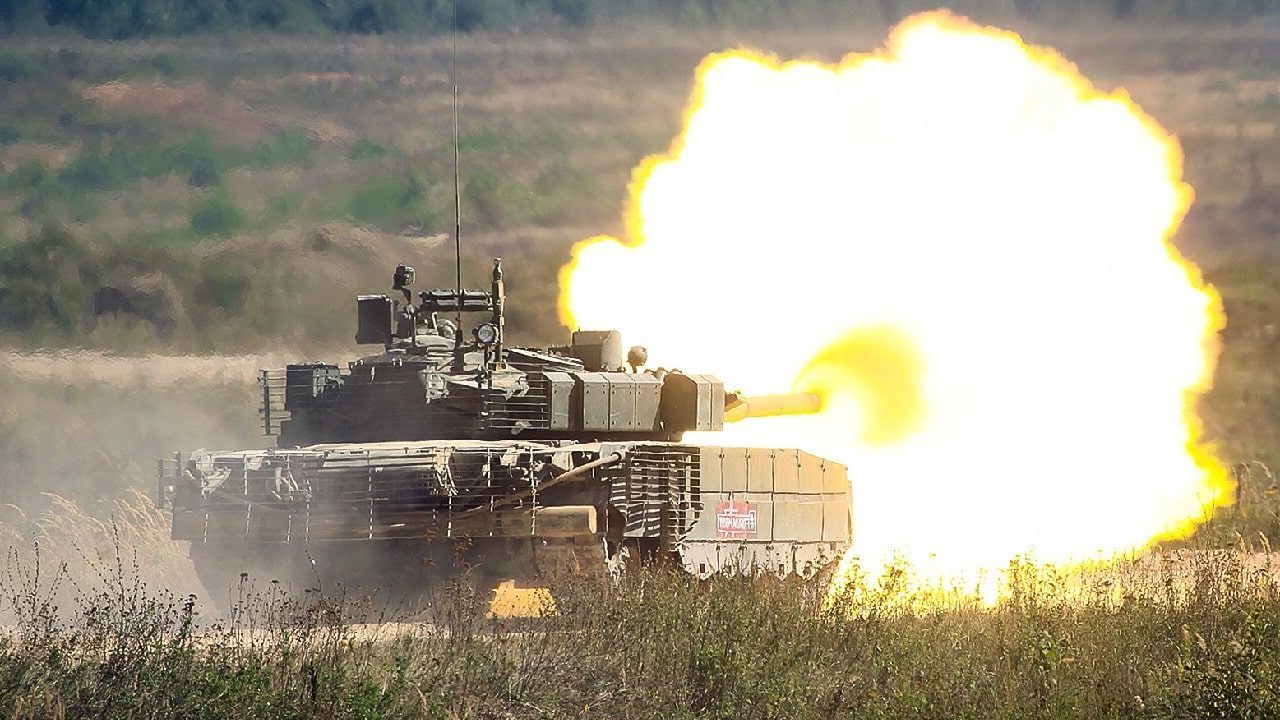Will Russia’s Economy Collapse? Western sanctions against Russia and its financial institutions are so sweeping that they have the power to bring the Russian economy to its knees.
But why haven’t they yet?
An Overview of Sanctions Against Russia
In response to the Russian invasion of Ukraine, the United States, European Union, and allied NATO nations placed sweeping sanctions on Russian individuals, military officials, and financial institutions.
In the days leading up to the Russian invasion, the United States implemented sanctions stopping new U.S. investment in Russia as well as U.S. exports to and imports from Russia. The European Union also implemented travel bans and asset freezes on five Russian individuals.
By February 22, the United Kingdom froze the assets of five Russian banks, and Germany suspended the certification of Nord Stream 2, a vital part of Russia’s future economic planning. Import bans were implemented in the European Union, the United States sanctions major Russian banks, and Russia was cut off from the SWIFT messaging system effectively blocking Russian transactions with Western countries and financial institutions.
Along with major Western businesses cutting ties with Russia – including McDonald’s, which shut all of its 847 restaurants in the country – and it’s not surprising that economists predict Russia’s economy is heading for the worst recession since the collapse of the Soviet Union.
Russia and Economic Collapse: It’s Only A Matter of Time?
With the value of the Russian ruble plummeting, the nation’s economy is already experiencing turbulence. It is only a matter of time before that turbulence becomes a full-scale recession.
So far, Russia has held off major economic trouble by introducing capital controls, limiting foreign-currency trading and blocking how many dollars Russians can withdraw from foreign-currency bank accounts and also raising interest rates to bolster the ruble.
The Russian central bank announced at the end of February that it would free 733 billion rubles in local bank reserves to boost liquidity and would increase interest rates from 9.5% to 20% – a move designed to “offset increased risk of ruble depreciation and inflation,” according to the central bank. The move incentivized Russians to keep their currency in Russian bank accounts as lines began forming outside of ATMs across the country with concerned Russians attempting to withdraw as much as they could from the banks.
The Russian central bank dropped the interest rate slightly from 20% to 17% on Monday.
Exports from the country have also remained somewhat stable despite Western sanctions, with various non-NATO countries still relying on Russia for a wide range of goods and energy. It means that, at least for now, Russia is not without a source of revenue.
“But exports are solid, and with commodity prices high we expect a historically high account surplus of $20-25 billion in March,” Sofya Donets, a chief economist of Renaissance Capital said.
According to an analysis from the Institute of International Finance last month, however, Russia’s economy will likely shrink by 15% this year and continued boycotts of Russian oil and natural gas will also hurt the country’s economic situation.
“Further escalation of the war may bring more boycotts of Russian energy, which would drastically impair Russia’s ability to import goods and services, deepening the recession,” the IIF wrote in a note signed by many of its senior economists.
Fears of economic collapse have already prompted large numbers of Russians to flee the country, but how badly sanctions will impact the country long-term is hard to predict at this stage.
The Russia may not have entirely collapsed, but a recession is on the way.
Jack Buckby is a British author, counter-extremism researcher, and journalist based in New York. Reporting on the U.K., Europe, and the U.S., he works to analyze and understand left-wing and right-wing radicalization, and reports on Western governments’ approaches to the pressing issues of today. His books and research papers explore these themes and propose pragmatic solutions to our increasingly polarized society.

